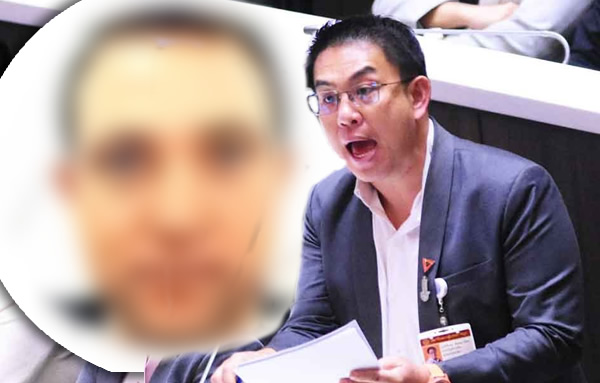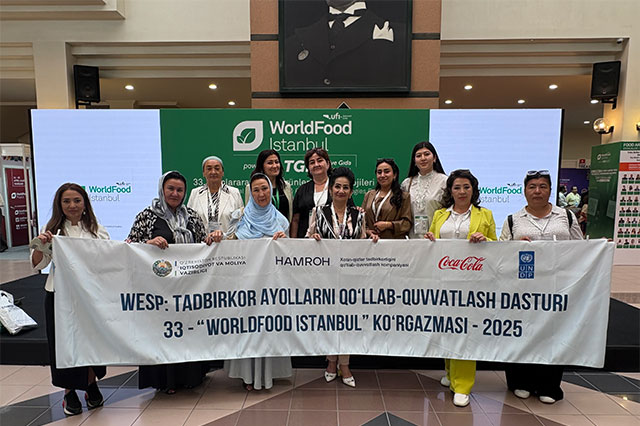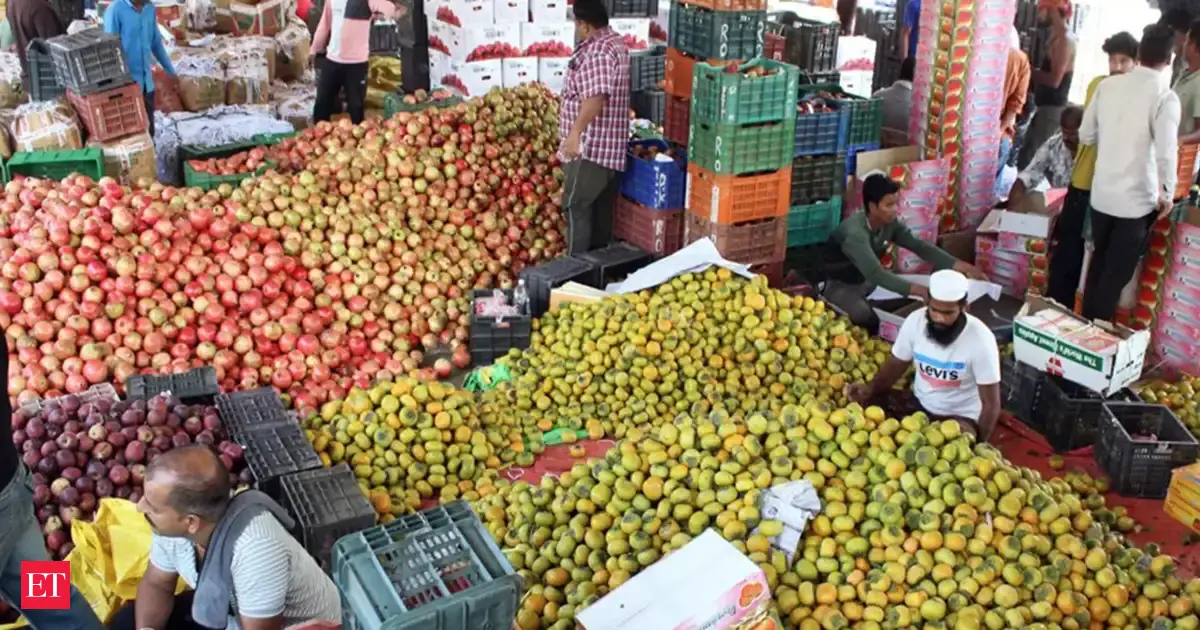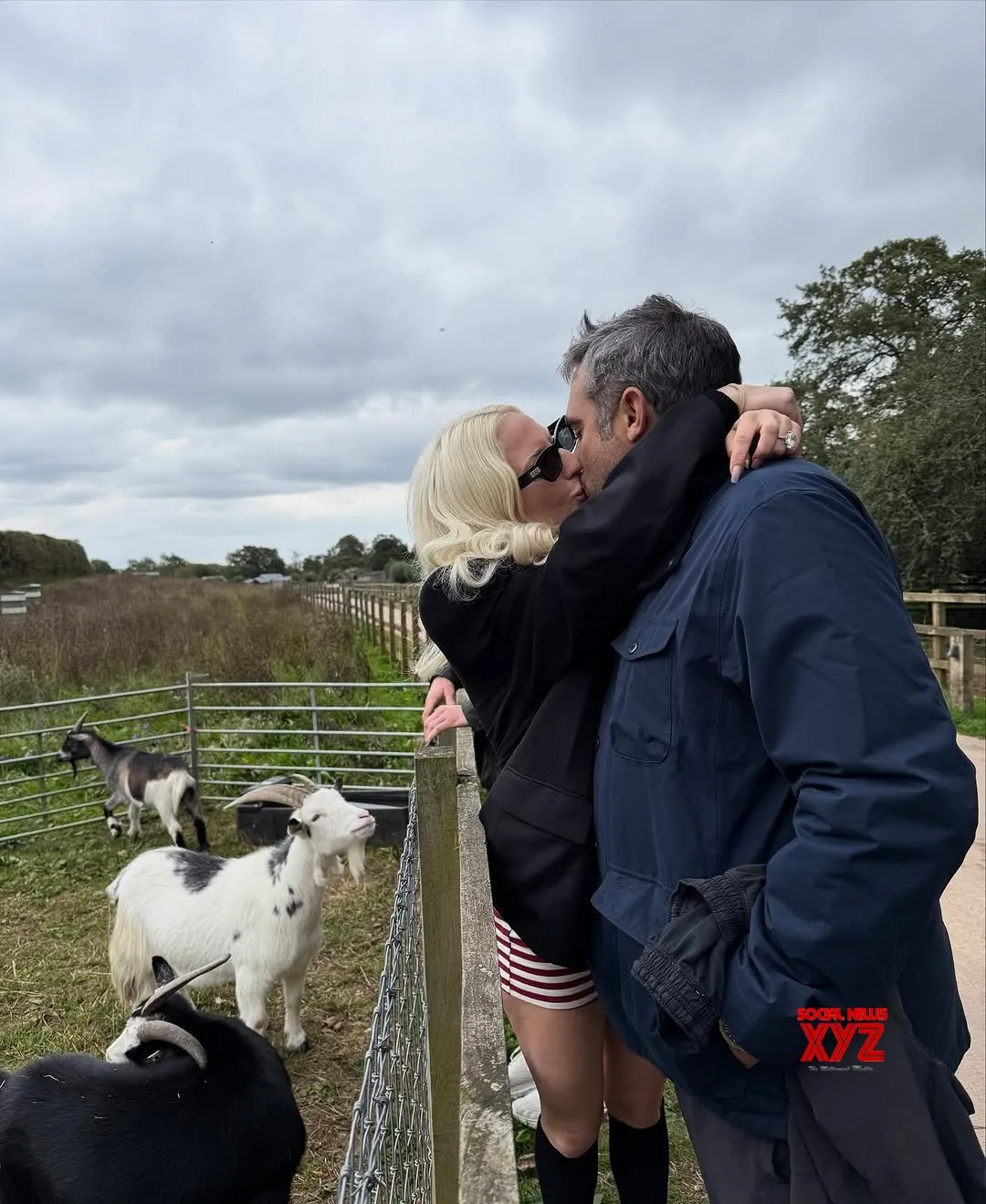People’s Party firebrand MP warns of billions pouring into Thai markets and critical firms from Cambodia
By Joseph O’ Connor
Copyright thaiexaminer

People’s Party MP Wiroj warns that billions from Cambodian scam and casino networks could flow into Thailand, threatening markets and critical firms, while gold exports to Cambodia surge 30% this year.
On Tuesday, People’s Party firebrand Wiroj Lakkhanaadisorn warned that massive Cambodian scam and casino funds could be flowing into Thailand. Using parliamentary privilege, he singled out a dual Cambodian-South African investment manager living in Thailand with a prominent Thai wife. Mr. Wiroj stressed he was raising concerns—not alleging proven wrongdoing—about illicit money threatening national security. His warning comes as the Bank of Thailand flagged a 30% surge in gold exports to Cambodia this year, suspected to be linked to illicit activities, highlighting the urgent need for government action.
On Tuesday, in a heated parliamentary session, People’s Party firebrand Mr. Wiroj raised concerns about a South African citizen with links to Cambodia active in money management in Thailand. The 47-year-old is a well-connected foreign investment manager reportedly living in Bangkok.
Furthermore, Mr. Wiroj said the South African has long-standing ties to Cambodian political elites, particularly to Hun Sen. At the same time, he has a colourful and decades-long track record as an investment manager across the world.
He began in London in 2005, where he co-founded a boutique corporate finance firm before branching out on his own as a high-powered consultant in 2008.
Earlier work with Thaksin Shinawatra demonstrates South African’s access to elite networks in Thailand too
Earlier, Mr. Wiroj noted that the investment manager previously worked with former Prime Minister Thaksin Shinawatra. Specifically, he was involved in negotiating a contract for a Bombardier corporate jet. Moreover, this connection demonstrates his access to elite networks in Thailand. Therefore, his presence in Bangkok raises questions about oversight and transparency, especially because of his links to Cambodian elites who are said to have massive cash flows at their disposal.
During the session, Mr. Wiroj highlighted the money man’s alleged involvement in Bangkok’s capital markets. For instance, he linked him to an oil firm linked with the reporting of overlapping Andaman Sea oil reserves. These reserves are shared between Thailand and Cambodia under decades-old Memorandum of Understanding agreements. Consequently, such activities may compromise Thailand’s strategic resources.
At the same time, the South African is also reportedly a Cambodian citizen, although he had previously tried to relinquish this in favour of Thai nationality. Reports also indicate that he recently applied for Thai citizenship.
Authorities delay Money Man’s citizenship amid concerns over links to Cambodian scam and casino networks
However, authorities delayed processing his application due to confusion surrounding his identity. Meanwhile, multiple sources suggest he may have access to players involved in Cambodian income-generating networks or basically, scam and casino networks. These networks reportedly generate between ฿400 and ฿600 billion per year. This amount represents almost 60% of Cambodia’s GDP.
Mr. Wiroj warned that if these operations infiltrate Thailand, they could introduce illicit funds into domestic markets. Furthermore, such capital could influence critical sectors, including finance, infrastructure, and energy. Therefore, he argued that the government must act urgently to prevent national security risks.
At the end of August, Prime Minister Anutin Charnvirakul denied blocking the South African’s citizenship application. As Minister of the Interior, he explained the submission was incomplete. However, he emphasised that there was no direct intention to obstruct the process. Nevertheless, the case highlights the complexities in monitoring foreign investments and residents with backgrounds linked to Cambodia.
Bangchak share purchases raise questions about South African’s influence and potential black money flows
On Tuesday, September 30, a special joint session of Parliament convened to review the government policy statement. During this session, Mr. Wiroj raised concerns about foreign purchases of Bangchak Corporation shares.
Specifically, he questioned whether the investments were potentially linked to the investment guru’s network. In 2024, a mysterious fund attempted to buy more than 14% of Bangchak’s Social Security Fund shares, valued at over ฿7 billion. However, the actual buyer was never identified, and the deal failed. Later, a Singaporean fund acquired a stake temporarily before selling 9% to a Thai company. Eventually, the fund accumulated 20%, allegedly connected to the Hun Sen-related money manager.
Mr. Wiroj explained that the investment manager is suspected of links to those involved in the Cambodian call centre scamming industry through his wide-ranging network of high-powered players in the Eastern kingdom.
Meanwhile, Thailand suffers losses exceeding ฿135 billion yearly, with over ฿100 billion lost specifically to call centre scams. Therefore, the potential for black money flowing into Thai markets is substantial.
South African’s political and family links raise concerns over transparency and influence in Thailand
Moreover, the financial expert who is resident in the kingdom reportedly maintains close connections with Thai politicians. Photographs have shown him with high-profile politicians linked to the present and, indeed, the previous government. He also attended a Kathin robe offering ceremony in Uttaradit province. Consequently, his presence raises questions about political influence and potential profiteering.
Mr. Wiroj stated that the South African has reportedly been appointed as a direct advisor to Hun Sen. Meanwhile, his wife manages funds investing in Thailand. Notably, a foreign investment group previously listed a deputy finance minister in the present government as an advisor. However, the minister vehemently denied any involvement in parliament on Tuesday. These conflicting claims further complicate transparency efforts.
Nevertheless, Mr. Wiroj warned that if black money finances stock purchases, the Thai capital market could face serious threats. He explained that illicit funds can infiltrate finance, banking, and infrastructure sectors. Consequently, Thailand’s economic stability and rule of law may be undermined.
Cryptocurrency platforms and oil ventures could provide avenues for grey capital in strategic Thai sectors
Mr. Wiroj cited cryptocurrency platforms as additional concerns. For example, Kucoin, previously fined in the United States, acquired a business in Thailand. It is linked to the Ministry of Finance’s digital bond program. Thus, these platforms may serve as money laundering tools if left unchecked.
Bangchak’s collaboration with Chevron to explore petroleum in the Gulf of Thailand is also worrying. This area overlaps with MOU 44 between Thailand and Cambodia. Therefore, successful agreements could enable the exploitation of oil profits by foreign actors. Mr. Wiroj stressed that such exploitation could channel grey capital into strategic sectors.
During the debate, Pheu Thai MP Chaiwatana Tinrat demanded accountability. He said parties involved with illegal capital should face severe consequences. In contrast, Opposition Chief Whip Pakornwut Udompipatsakul urged calm, noting public scrutiny is necessary. Mr. Wiroj added that the debate aimed to raise questions, not confirm allegations. He clarified that if investments are clean, there is no concern. However, if they are illicit, Thailand faces long-term disaster.
Mr. Wiroj urged the Prime Minister to instruct agencies like AMLO, NACC, and the Ministry of Foreign Affairs to investigate. Additionally, he recommended joining the Convention on Transnational Organised Crime. This would prevent Thailand from becoming a haven for transnational criminal networks.
Cross-border business networks link Cambodian elites and Thai stakeholders, raising concerns over governance
Beyond Parliament, these concerns involve a broader web of cross-border interests. Investigations reveal links between Cambodian elites, powerful financiers and influential Thai stakeholders. These actors are quietly embedding themselves in Thailand’s critical economic sectors.
The South African, holding dual South African and Cambodian citizenship, recently surfaced in cross-border transactions. Investigative journalist Tom Wright reported that he brokered luxury assets for Lim Yeak, chairman of Cambodia’s B.I.C. Group. This conglomerate is closely aligned with Hun Sen’s family. Wright cited the fund manager’s role in private jet sales and the $20.3 million Manhattan condo purchased by Apex Equity Ventures, a Thai firm. His partner was also reportedly involved.
Meanwhile, his wife, a successful Thai businesswoman, has substantial domestic energy holdings. She owns 4.08% of Green Tech Ventures, 3.49% of BCPG Public Company Limited, and 1.22% of Bangchak Corporation. Additionally, she manages the Singapore-based CAI Optimum Fund VCC, which invests in leading Thai companies, including VGI Public Company Limited. Capital Asia Investments, managing the fund, also divested shares to Alpha Chartered Energy Company, a Thai-Luxembourg joint venture.
The web extends to Yim Leak, son of a former Cambodian Deputy Prime Minister. He chairs B.I.C. Group and B.I.C. Cambodia Bank. BIC holds a 0.33% stake in BCPG and previously held nearly 10% of Finansia X Public Company Limited, sold to a Hong Kong-based entity. These opaque transactions raise transparency concerns.
Marriage and board alliances intensify foreign influence and risk to Thai strategic sectors
Yim Leak is reportedly married to a Thai businesswoman with corporate interests. Combined with board-level alliances, these connections increase anxiety about foreign influence over strategic Thai sectors. The South African with Cambodian citizenship reportedly resides in Thailand in an advisory capacity despite previous citizenship denials. Such arrangements allow foreign-aligned networks to expand control over energy and infrastructure.
The structure of overseas investment in Thai listed firms raises long-term security questions. Complex holding companies and fund vehicles obscure ownership, making regulatory oversight challenging. Analysts warn that unchecked grey or illicit capital could compromise economic stability.
Furthermore, the Bangchak-Chevron collaboration highlights potential vulnerabilities. Oil exploration profits in contested regions could be used to launder black money. Unregulated investments in infrastructure or energy could influence government decision-making. Consequently, Thailand’s strategic autonomy is at risk.
Wiroj warns regulators to untangle complex cross-border networks to protect economic and national security
Mr. Wiroj’s statement to parliament on Tuesday emphasised urgency. Cross-border investment networks, opaque structures, and personal alliances could undermine governance. Therefore, regulators must untangle complex ownership structures. They must prevent illicit influence from seeping into Thai markets.
Experts argue that Thailand’s energy and financial sovereignty depend on strong oversight. Allowing grey or criminal capital to penetrate strategic sectors could damage public trust. It could also weaken the country’s credibility internationally. At the same time, regulators must balance oversight without placing an overly onerous burden on investors and players whose activities are entirely legal.
Finally, Mr. Wiroj warned that the government must act decisively. Investigations must cover investments, cybercrime-linked funds and cryptocurrency platforms. International cooperation is essential to prevent Thailand from becoming a transnational money laundering hub. Failure to act could jeopardise economic stability, national security and the country’s global reputation.
Links between South African’s Cambodian elites and Thai stakeholders highlight risks of opaque investment
Links between the money man, Cambodian elites and important Thai stakeholders show how opaque structures can be exploited. Nonetheless, the burden is still on Thai officials to show wrongdoing or breaches of the law.
In the meantime, law enforcement agencies must maintain transparency, enforce anti-money laundering standards and safeguard national interests. Otherwise, Thailand risks long-term economic, political, and security repercussions.
Leader of deadly scam gang in Cambodia and henchmen still at large with 4 more Thais arrested
Cambodia’s Hun Sen’s statements grow increasingly shrill as the menace of cybercrime is being tackled
Cambodian cybercrime industry run by Chinese criminals could be generating up to 38% of its GDP
Cross-border corruption and money laundering between Thai and Cambodian labour officials probed
In short, the concern here is the links to Cambodia and what the United Nations and other countries, such as the United States, increasingly see as a state-sponsored fraud industry operating on Thailand’s doorstep. Therefore, any and all investment or money flows from Cambodia must be examined carefully.
The Bank of Thailand is already concerned about a roughly 30% surge in gold exports to Cambodia this year. This is suspected to be linked to illicit activities in the Eastern kingdom.
Join the Thai News forum, follow Thai Examiner on Facebook here
Receive all our stories as they come out on Telegram here
Follow Thai Examiner here
Further reading



